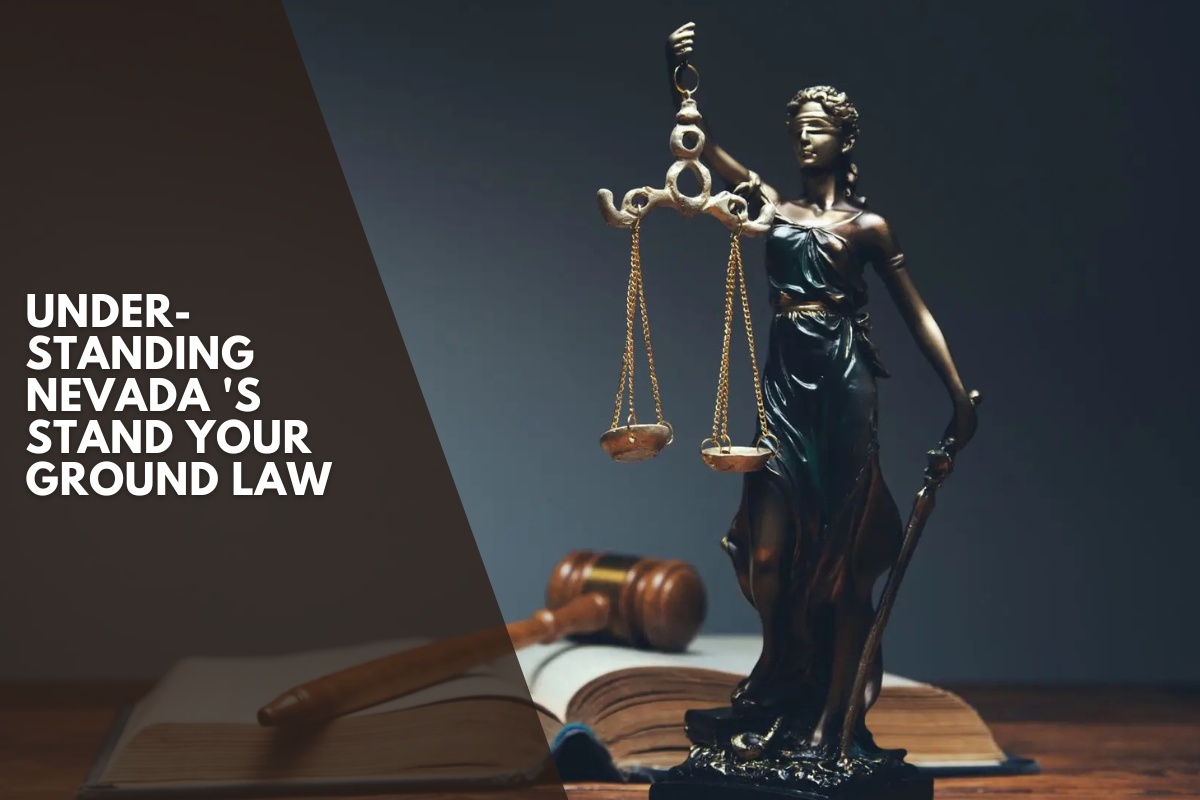Nevada’s Stand Your Ground law is a key component of the state’s self-defense legal framework, providing residents with the right to defend themselves without a duty to retreat when faced with a threat. This law clarifies when and how an individual may legally use force, including deadly force, in self-defense situations.
What Is a Stand Your Ground Law?
A Stand Your Ground law removes the legal obligation to retreat from an attacker before using force in self-defense, provided you have a right to be in the location where the incident occurs, and you are not the initial aggressor or engaged in criminal activity at the time. This principle contrasts with the “duty to retreat” found in some states, where a person must safely attempt to avoid confrontation before resorting to force.
Key Elements of Nevada’s Stand Your Ground Law
No Duty to Retreat: You do not have to flee or withdraw if threatened while in a place where you lawfully have the right to be, such as your home, vehicle, workplace, or public spaces.
Not the Initial Aggressor: Protection under this law applies only if you did not start the violent encounter.
Legal Presence: You must be present legally at the location of the incident.
Reasonable and Proportional Force: The force used must be reasonable and proportional to the threat faced. Deadly force is justified only when there is a reasonable belief of imminent threat of death or serious bodily harm.
Objective Reasonableness: Your belief in the threat must be one that a reasonable person in the same situation would hold.
When Can You Use Force Under Nevada Law?
Nevada law permits using force, including deadly force, to:
Protect yourself or others from imminent harm.
Prevent a forcible and unlawful entry into your home or vehicle.
Defend against violent crimes such as assault or robbery.
The Castle Doctrine and Stand Your Ground
Nevada also respects the Castle Doctrine, which specifically protects individuals’ right to defend themselves in their homes without any duty to retreat. A homeowner can use reasonable or deadly force if they reasonably believe an intruder intends harm. The stand your ground law expands this protection to other places where a person has legal right to be.
Important Restrictions and Considerations
You cannot claim self-defense if you provoke the confrontation or are engaged in illegal activity.
Use of force must be immediately necessary; if the threat can be avoided without force, using deadly force may not be justified.
Law enforcement and courts will assess whether the person’s belief of threat and the response were objectively reasonable.
Misuse or excessive force can lead to criminal charges despite the law.
Why Does Nevada’s Stand Your Ground Matter?
This law empowers residents to protect themselves confidently, without fear of legal repercussions for failing to retreat when threatened, provided their actions meet legal criteria. It strikes a balance between personal safety rights and public safety by imposing clear limits on when force can be used.
Nevada’s Stand Your Ground law removes the duty to retreat if you are lawfully present and not the aggressor, allowing the use of reasonable force, including deadly force in life-threatening situations. However, its protections require that force be proportional, necessary, and objectively reasonable. Understanding these rules is crucial for anyone facing a self-defense incident in Nevada.
Sources
[1] https://en.wikipedia.org/wiki/Stand-your-ground_law
[2] https://www.ncsl.org/civil-and-criminal-justice/self-defense-and-stand-your-ground
[3] https://giffords.org/lawcenter/state-laws/stand-your-ground-in-nevada/
[4] https://www.shouselaw.com/nv/defense/legal-defenses/self-defense/
[5] https://www.goodmanlawgroup.com/blog/2025/may/nevada-s-stand-your-ground-and-self-defense-laws/











